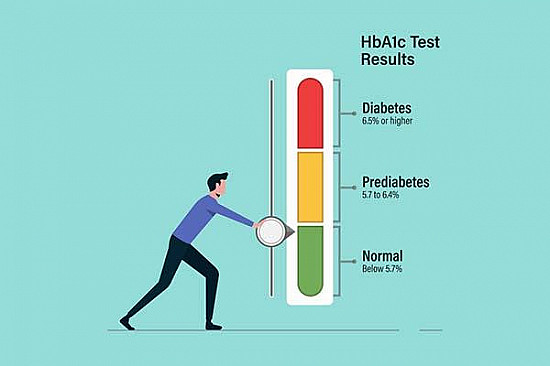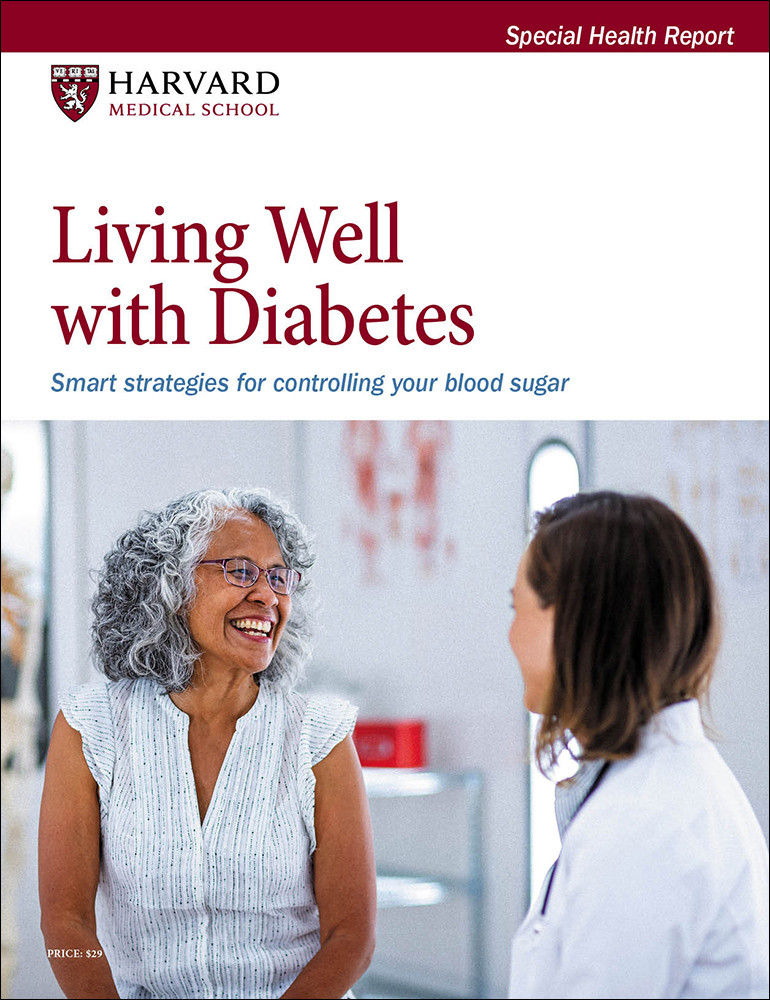Night owls may face higher diabetes risks
Research we're watching
- Reviewed by Toni Golen, MD, Editor in Chief, Harvard Women's Health Watch; Editorial Advisory Board Member, Harvard Health Publishing; Contributor

Women who are night owls have a higher risk of developing diabetes and are more likely to practice unhealthful lifestyle habits compared with early birds, a new analysis suggests.
In the Harvard-led study, published online Sept. 12, 2023, by Annals of Internal Medicine, researchers tracked nearly 64,000 female nurses ages 45 to 62 over eight years. The women had no history of cancer, cardiovascular disease, or diabetes. Participants reported lifestyle behaviors that included diet quality, physical activity, alcohol use, body mass index, smoking, and sleep habits. They also reported whether they were diagnosed with diabetes.
Women who fit an "evening chronotype" — preferring to stay up and wake up later — were 19% more likely to develop diabetes than those with a "morning chronotype," who prefer to go to bed and wake up earlier. Additionally, night owls were 54% more likely than early birds to report unhealthy lifestyle behaviors such as smoking and poor sleep habits. Earlier research has also suggested that shorter or irregular sleep is linked with a higher risk of diabetes, the study authors noted. They theorized that "circadian misalignment"—being a night owl, for example, but also working early morning shifts, which is common in nursing—could disrupt the body's ability to properly process sugar.
Image: © Juan Algar/Getty Images
About the Author

Maureen Salamon, Executive Editor, Harvard Women's Health Watch
About the Reviewer

Toni Golen, MD, Editor in Chief, Harvard Women's Health Watch; Editorial Advisory Board Member, Harvard Health Publishing; Contributor
Disclaimer:
As a service to our readers, Harvard Health Publishing provides access to our library of archived content. Please note the date of last review or update on all articles.
No content on this site, regardless of date, should ever be used as a substitute for direct medical advice from your doctor or other qualified clinician.
















